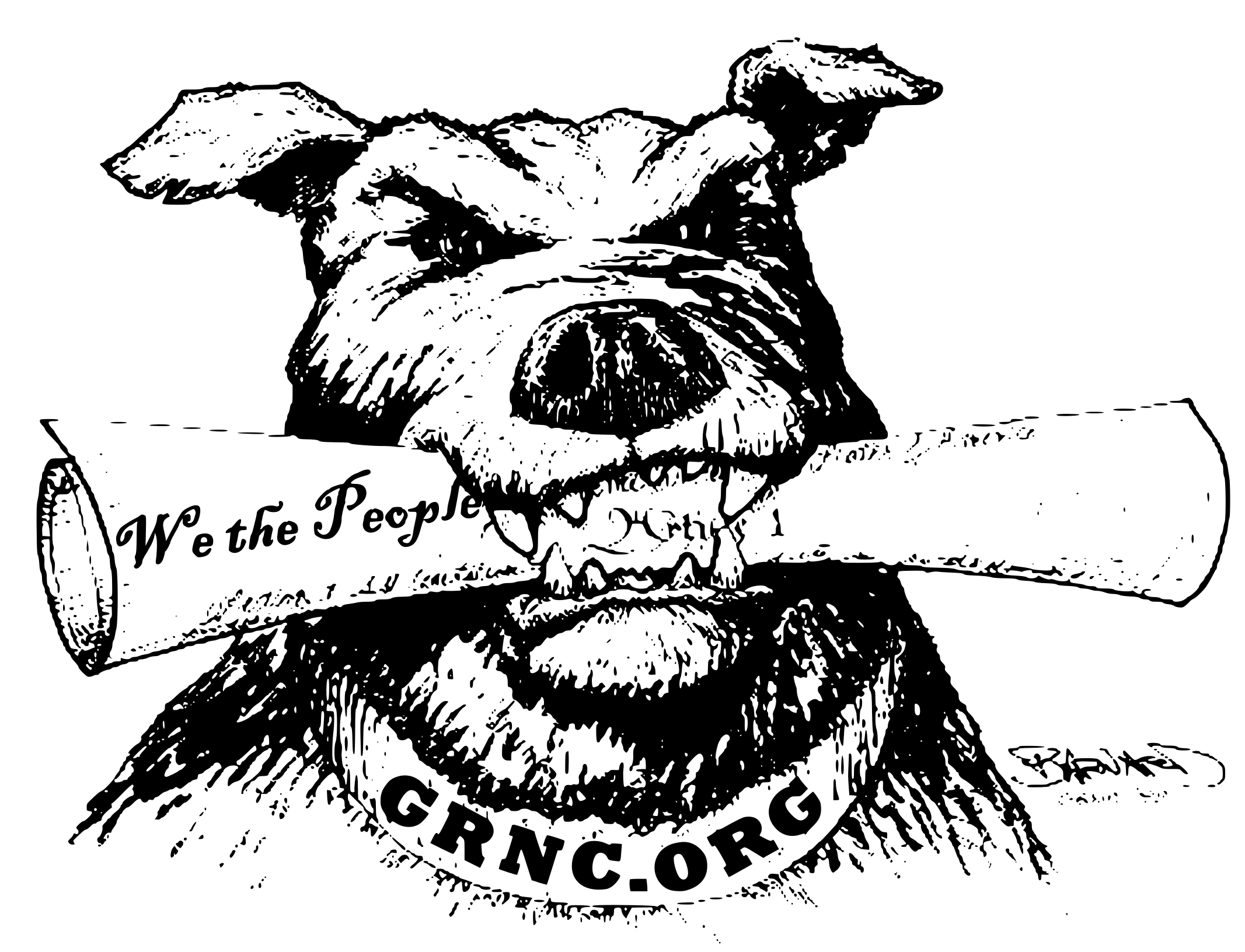
Grass Roots North Carolina / Forum For Firearms Education
Post Office Box 10665, Raleigh, NC 27605
877.282.0939 (Phone) 919.573.0354 (Fax) www.GRNC.org
FOR IMMEDIATE RELEASE
Release date: March 25, 2020
GRNC weighs legal action against Wake sheriff
On March 24, Wake County Sheriff Gerald Baker announced he is suspending the processing of North Carolina pistol purchase permits, citing the increase in permit applications due to the coronavirus pandemic. Baker’s press release falsely claimed “This decision does not limit anyone’s right to purchase a handgun.” In truth:
* It is illegal to purchase a handgun in North Carolina without first obtaining a permit, meaning the action most certainly does limit people’s ability to purchase a handgun;
* Nothing in North Carolina’s Emergency Management Act gives the sheriff the power to delay or cease the issuing of permits; and
* By law, pistol purchase permits must be issued or denied within 14 days, and may be denied only for statutorily permissible reasons.
Below is GRNC’s analysis of Baker’s illegal cessation of permit issuance, which denies lawful North Carolinians the ability to defend themselves and their families during a critical state of emergency. GRNC calls upon the sheriff to obey the law. If he does not do so, GRNC is weighing a temporary restraining order to halt the illegal action.
To: Paul Valone, President, Grass Roots North Carolina
From: Ed Green, GRNC Director of Legal Affairs
Date: March 24, 2020
Re: Wake County suspension of Pistol Purchase Permit application processing
Mr. Valone,
The News & Observer today reported that Wake County Sheriff Gerald Baker has suspended the acceptance or processing of any Pistol Purchase Permits (“PPP”) due to increased workload on his staff.1 Processing PPPs is a matter of state law; it is not in the sheriff’s discretion.
Under North Carolina law, “[t]he sheriffs of any and all counties of this State shall issue to any person . . . a permit to purchase or receive” a handgun.2 “Upon application . . . the sheriff shall issue the permit . . .
The Wake County Sheriff’s Office website says nothing about this, and lists procedures to fill out and submit an application.N.C. Gen. Stats. § 14-403 (emphasis added).
When the sheriff has” performed a background check, satisfied himself of the applicant’s good moral character, and satisfied himself that the application is for protection, target shooting, collecting, or hunting.3 The sheriff may only refuse to issue the PPP “for good cause shown,” and shall within seven days provide a written statement of the reason(s) for refusal.4 The statement shall cite specific facts for the refusal to issue the PPP and shall “list, by statute number, the applicable law upon which the denial is based.”5 No statute lists the sheriff’s office workload as a reason to refuse to issue a PPP.
NC law lists the only permissible reasons to refuse to issue a PPP, including that the applicant is under indictment of a felony, is a fugitive from justice, is an unlawful user of drugs, has been adjudicated mentally incompetent, has renounced his citizenship, and the like.6
“Each applicant for a [PPP] shall be informed by the sheriff within 14 days . . . whether the [PPP] will be granted or denied.”7
The PPP in North Carolina is a gateway to the exercise of a resident’s fundamental Second Amendment rights. The “core” of the Second Amendment has been described as the right to keep a functional handgun in the home for self-defense, which is subject to strict judicial scrutiny.8 This is precisely the analysis performed in the seminal case of Bateman v. Perdue, which applied strict scrutiny to erstwhile N.C. Gen. Stats. § 14-288.7 et. seq., imposing a blanket ban on the possession, transportation, etc. of any firearm or ammunition outside the home during any declared state of emergency, and invalidated the statutes as being unconstitutional burdens on the Second Amendment.9 That case held that “the statutes here excessively intrude upon plaintiffs’ Second Amendment rights by effectively banning them (and the public at large) from engaging in conduct that is at the very core of the Second Amendment at a time when the need for self-defense may be at its very greatest.” Judge Howard could well have been referring to the global pandemic upon us now, with states of emergency declared at the national and state level.
The Sheriff of every county in NC shall issue a PPP to a law-abiding citizen of good moral character within 14 days. This is state law. The sheriff’s office has no discretion in accepting applications or processing them. If an investigation uncovers a specific, statutorily enumerated reason an applicant should not receive a PPP, the sheriff must list such reason – and the statute – in writing – also within 14 days. A high workload by the sheriff’s staff is not a reason for refusal to issue a PPP. Sheriff Baker’s suspension of accepting, processing, and issuing PPPs is facially unlawful. It effectively bans residents of Wake County “from engaging in conduct that is at the very core of the Second Amendment at a time when the need for self-defense may be at its very greatest.”
The Sheriff must rescind this illegal policy immediately.
Respectfully submitted,
Edward H. Green, III, Esq.
North Carolina State Bar #26,843
- The Wake County Sheriff’s Office website says nothing about this, and lists procedures to fill out and submit an application.
- N.C. Gen. Stats. § 14-403 (emphasis added).
- N.C. Gen. Stats. § 14-403(a) (emphasis added).
- N.C. Gen. Stats. § 14-403(b).
- Id.
- N.C. Gen. Stats. § 14-403(c) (listing valid reasons for refusal to issue PPP).
- N.C. Gen. Stats. § 14-403(f) (emphasis added).
- United States v. Masciandaro, 638 F.3d 458, 467 (4th Cir. 2011).
- Bateman v. Perdue, 881 F.Sup.2d 709
